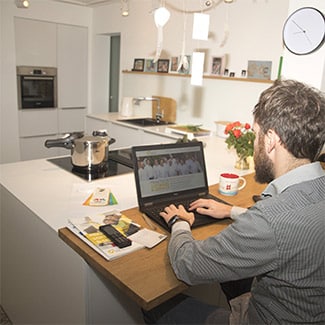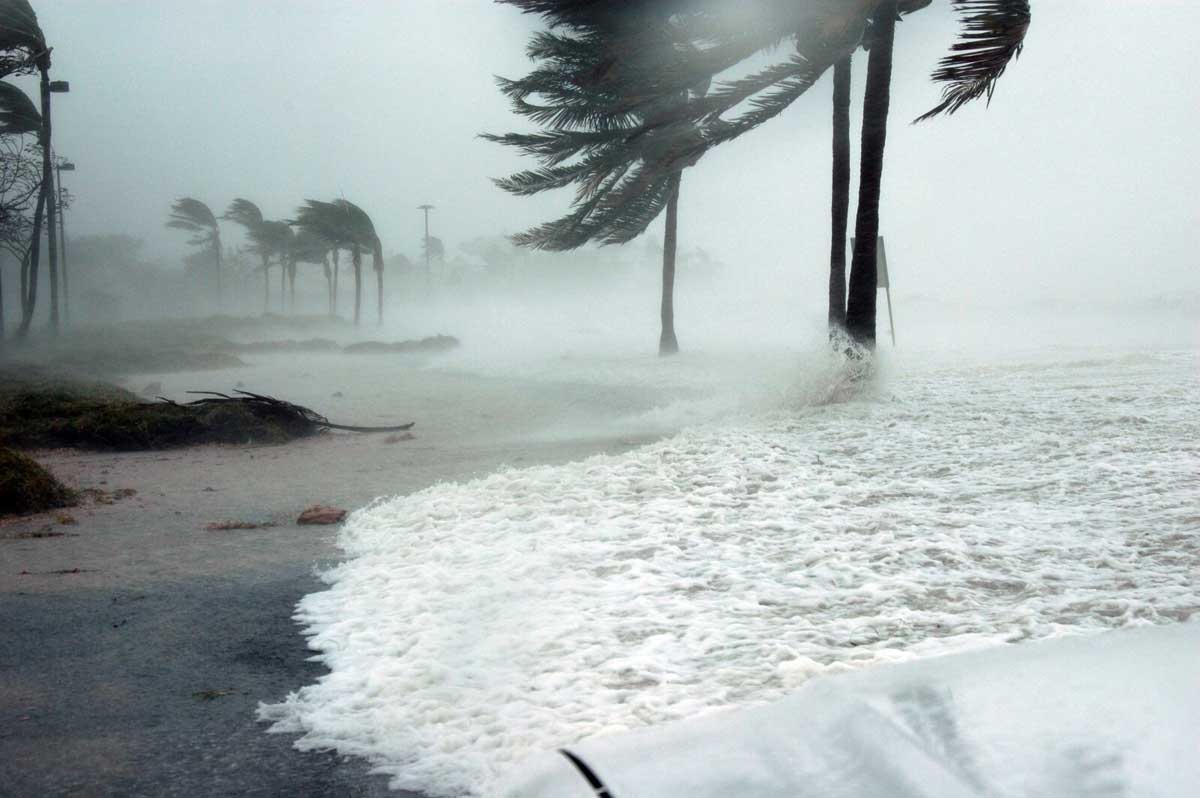How To Survive A Pandemic: What To Do, Things You Need, And More
When you purchase through links on our site, we may earn a commission. Here’s how it works.

Social distancing due to the coronavirus (COVID-19) had (and has) us all doing things differently – both at work and at home. The need for distance learning and working from home adds an interesting element to the family dynamic.
There are a lot of opportunities for families to grow closer and take advantage of a slower pace, but it can also be overwhelming. Knowing how to keep your family happy and safe will go a long way to prepare for the next pandemic (which unfortunately scientists feel is a WHEN, not an IF).
Staying Safe
It is essential to follow the CDC (Center for Disease Control & Prevention) guidelines to protect yourself and others. These guidelines include keeping your hands clean, staying home, being on top of household chores and using disinfectants.
Social Distancing
One of the easiest and most important ways to ensure your family stays safe is to practice social distancing. If you can work from home and maintain 6 feet of distance from anyone outside of your home, that is what you should do immediately. Not only will that help to keep your family healthy, but it will also help to flatten the curve.
Remember, this is not the time for play-dates or hanging out with friends. While going to a park or walking in your neighborhood is acceptable, keep your distance from others and stay off community playground and exercise equipment.
If you or someone in your family begins to experience symptoms, the CDC recommends that you call your doctor’s office for a telephone consultation or go online for a telemedicine consultation. Do not show up unannounced at your doctor’s office.
Keep sick family members isolated to a single room and bathroom in the house and have everyone else stay away as much as possible. Also, be sure to watch for signs of distress as the virus can start with mild symptoms but get worse quickly, requiring additional medical intervention.
If you have to leave home for work or to get supplies, it’s not a bad idea to take some hand sanitizer with you, avoid touching your face, and be sure to decontaminate when you return home. Sanitize packages and products that you must bring into your home. You also need to wash yourself. Put your clothes in the wash immediately, shower and put on clean clothes.
The only way to keep our healthcare system and hospitals from getting overwhelmed like they did in Italy, Iran, Spain, New York City, and a growing number of other locations, is to do your part and self-isolate now.
Talking To Your Children About A Pandemic

You need to prepare to speak to your children about the changes that occur during a pandemic. They may also have questions about the virus. Keep in mind that you do not want to give them more information than they need, and you only need to answer the questions that they ask.
Also, it is ok to say you don’t know. Just be sure to tell them you will do your best to get the information, and you will talk about it as soon as you have an informed answer for them.
There is a lot of information available in regards to talking to your child about COVID-19. Do some research to make sure you are informed and go from there. Be sure to give age-appropriate information, correct any false statements they may have heard and remind them of the ways you are staying safe in your home.
Keep An Eye On Mental Health

Mental Health is a vital part of keeping your family happy and safe. When social distancing occurs, there is an increased risk of loneliness, anxiousness and depression. As a family, it is essential to stay aware of this possibility and look out for one another.
Here are 5 things you can do to keep spirits up while you are social distancing:
- Connect with others using technology: If you are feeling isolated, reach out to friends and family with phone calls and video chat.
- Plan fun games and activities daily: Have a fun activity to look forward to each day to keep spirits up.
- Eat well and get enough sleep and exercise every day: When you take care of your body, your mental health is more likely to be maintained.
- Go outside: Fresh air and sunshine can do wonders for feeling good.
- Allow space to talk about feelings when needed: Make sure everyone knows it is okay to express how you are feeling and that talking about it will help.
5 Ways To Manage It All

During a pandemic, you may find yourself being an employee, a parent and a teacher. And you may be doing it all at home. Here are 5 ways to manage all your roles.
- Designate a workspace for everyone – Creating a separate space for everyone who will be working at home, including children, will set a boundary for each of you mentally and physically. It will help others know when you are focused on work and when you are available.
- Set a schedule – Having a routine schedule will help everyone stay on task and focus. Make it your own by allowing flexibility on start and end times and what work needs to happen at certain times. Let each member of the family contribute to this task and work together to stay on track with it.
- Get organized – You need to know where everything is and what everyone is supposed to be doing to keep it all going. Make lists or project boards to define the needs of each person each day, so things don’t get missed. Plan for meals and chores in advance to keep your home life organized too.
- Take active breaks – Experts advise taking a break every 90 minutes to maintain focus. Breaks should include physical activity of some kind. Stretch, walk around or go outside, then get back to it.
- Give yourself grace – Nothing is going to be perfect, so don’t beat yourself up. Remember that this is new territory, and you need time to figure it out. Learn from your mistakes, repeat the things that work and keep trying.
How Are Families Handling Distance Learning?
This 3-minute video from Good Morning America gives you a glimpse into the beginning of distance learning for American students and how parents are coping.
Be Prepared For The Next Disaster
We’ve put together an emergency preparedness checklist that you can print out and reference to get ready for everything from lightning strikes and tornadoes. We’ll show you what to put in your “bug out bag” (in the event that you need to evacuate and survive on the road), how to prevent getting poisoned, and more.




